Overclocking
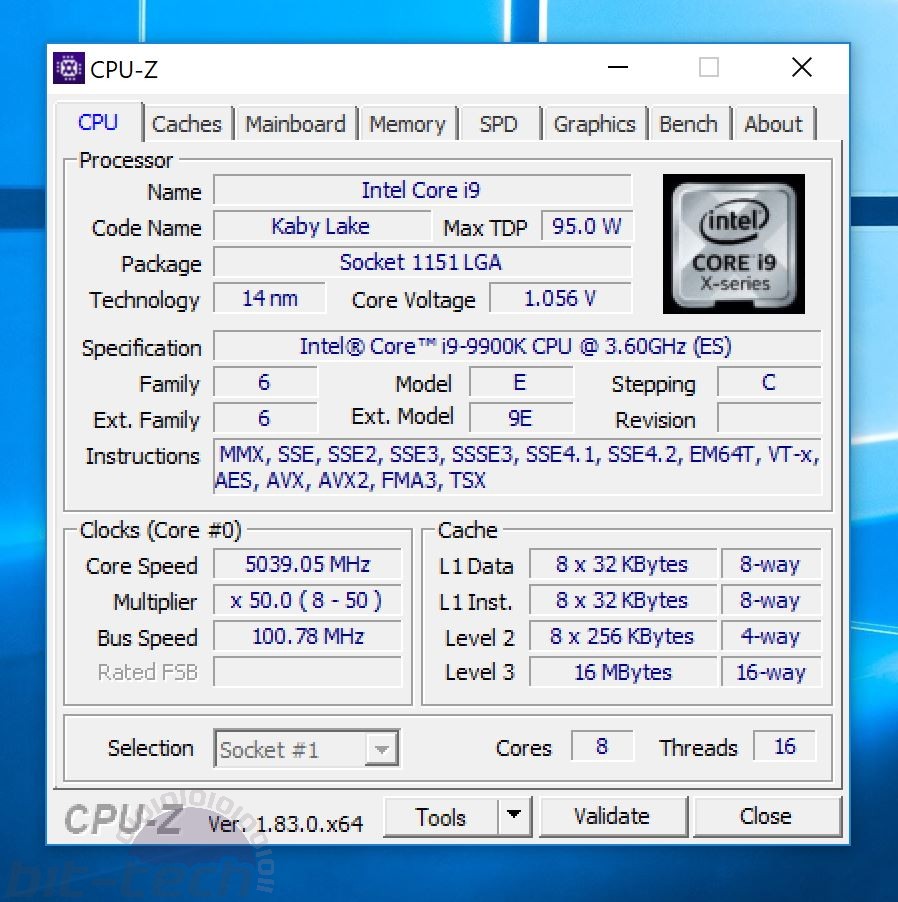
The Core i9-9900K's success does depend on those high frequencies to maintain its advantage over AMD here and to make sure it's not losing ground to existing Intel CPUs, namely the Core i7-8700K and Core i7-8086K. A decent overclock is important too being a K-series CPU. Being the same 14nm++ lithography and Coffee Lake architecture, we should have seen this coming, but 5GHz proved to be the limit as far as liquid-cooled overclocking goes, at least with an all-in-one liquid cooler.
This required a vcore of 1.26V, but even 1.35V couldn't get 5.1GHz stable, with temperatures skyrocketing past 90°C too and we've heard similar stories from two other Core i9-9900K owners. The impact of solder was fairly evident, though, with our CPU sitting at 5GHz being a few degrees cooler than our Core i7-8700K at the same settings, ie in the region of 80-85°C, despite the fact there are two additional cores present. As we mentioned earlier, for this reason, we can't make a direct comparison - that would be between the Core i5-9600K and Core i5-8600K, which we'll hopefully do soon. Still, eight cores at 5GHz is nothing to be snitched although stock load power draw was noticeably higher while when overclocked load draw was only 20-30W more.
Performance Analysis
We'll start with perhaps the biggest revelation in that the Core i9-9900K, at stock speed, is outstripping Intel's own Core i9-7900X in a lot of benchmarks. The impact of its 4.7GHz all-core boost compared to just 4GHz for the HEDT CPU is profound and despite the latter's two core/eight thread advantage, the Core i9-9900K outperforms it convincingly at stock speed in HandBrake and Cinebench. Clearly, the Core i7-7800X and Core i7-7820X are on even more dodgy ground, given they retail for similar prices to the new mainstream flagship and would be completely outdone by it, offering only quad-channel memory and more PCI-E lanes for the higher platform cost. This also raises questions about Intel's 9000-series HEDT CPUs due to be released later this year and it's no wonder they've lopped everything below eight cores off the product stack. Unless you really are going to make use of quad-channel memory and the extra PCI-E lanes, the Core i9-9900K is looking like a much better bet, especially as at stock speed it's still ridiculously fast and can be paired with a much cheaper motherboard.
It's unsurprising that AMD's Ryzen 7 2700X was slower in nearly every test, but let's take a look at the numbers. HandBrake saw the Intel CPU perform 19 percent faster while the difference in Cinebench was just 13 percent. It was a similar story in Hamster Zip archiver and CPU-Z's multi-threaded benchmark with the only exception being PCMark 10's ImageMagik benchmark that definitely prefers AMD CPUs. Excluding the latter that's an average of 14-15 percent quicker with the Intel CPU.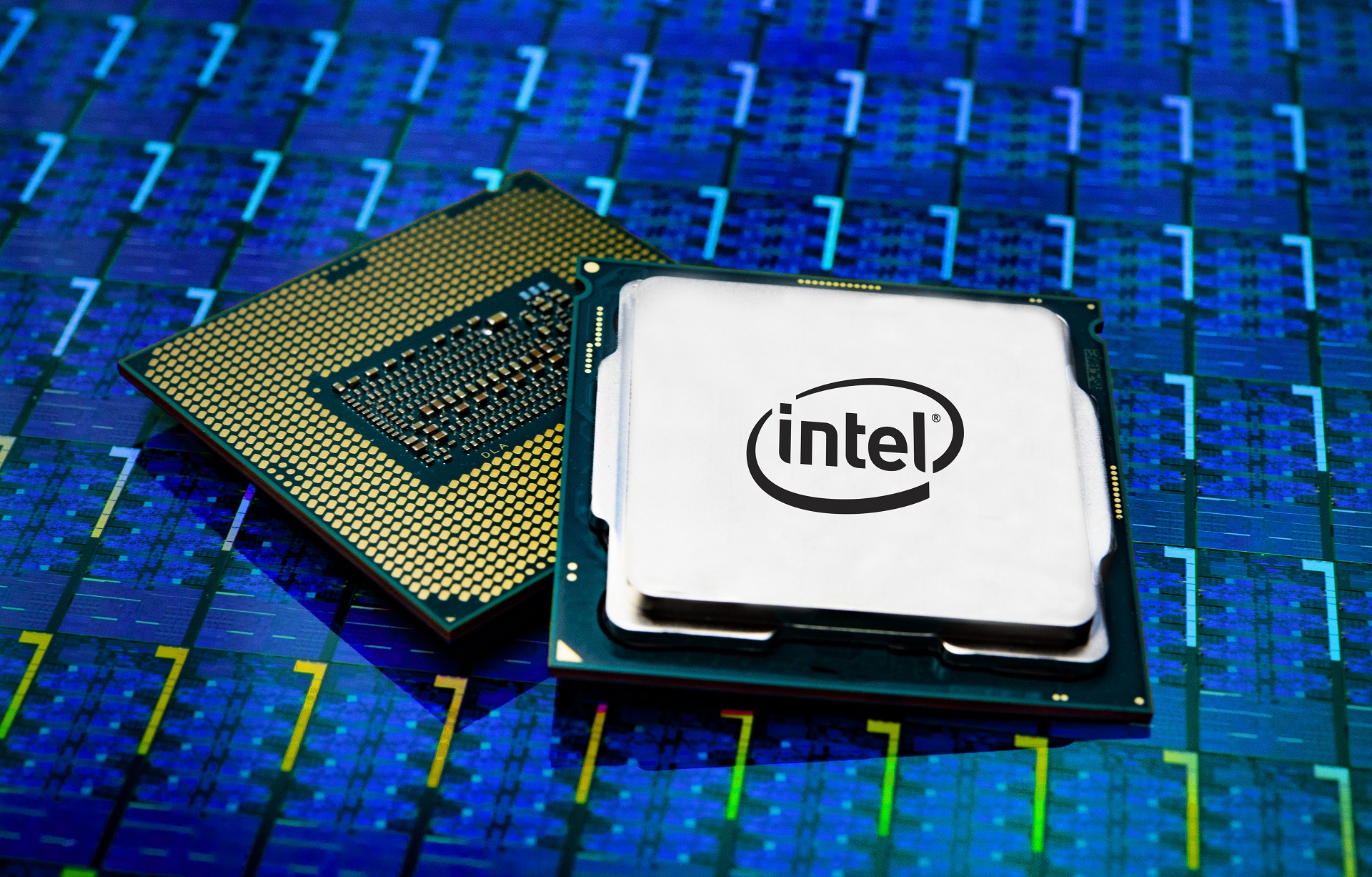
Gaming saw the Intel CPU perform an average of 16 per cent faster in our game titles, with the biggest difference being in Far Cry 5 that was much quicker at higher frequencies, favouring the mainstream Intel CPUs over AMD and indeed the Core i9-7900X. Overall, 15 percent is a typical figure between the Ryzen 7 2700X and Core i9-9900K, but our game tests represent some of the more CPU-bound titles and it's also worth pointing out that we used identical 3,000MHz memory kits with all out systems, but faster RAM would further improve AMD's scores.
We've added one other crucial CPU to the benchmarks, though, which is AMD's Threadripper 1920X. This CPU currently retails for less than £400, meaning that you can actually build a Threadripper system including 16GB quad-channel 3,000MHz memory for less than a Core i9-9900K system with dual-channel memory of the same capacity and speed along with a decent motherboard. The 1920X was quicker in a number of tests too - specifically HandBrake and Cinebench, so in multi-threaded content creation and rendering it's definitely quicker and even when overclocked the Core i9-9900K couldn't match it in Cinebench.
Conclusion
Intel has a monstrously powerful mainstream desktop CPU that, despite what it claims, most definitely eats into its high-end desktop market space and wrestles the performance crown from AMD decisively. Given we only managed to add 300MHz to the all-core boost when overclocking and that it's backwards compatible with previous-gen motherboards, the great thing here is that you'll still get awesome performance from comparatively cheap motherboards, which is great news. The bad news is that this means Intel really doesn't have much left to squeeze out of this aging manufacturing process.That's only a small part of the story, though, as there are several other CPUs to consider here. The Ryzen 7 2700X is slower in all but one of our tests, which seems to favour AMD in a big way anyway. However, it's readily available for less than £300 - half the current pre-order price of the Core i9-9900K and one wonders what AMD has in store with Zen 2 as well. The Core i7-8700K is also £150 cheaper, yet performs the same in most games and still offers decent multi-threaded performance for the casual content creator, while if the latter is your main focus, the Threadripper 1920X is definitely worth considering too.
We can fully appreciate what Intel is trying to do here, though, as multi-threaded content creation is definitely an increasingly important part of PC performance in the mainstream, alongside gaming. It's why we loved CPUs such as the Ryzen 5 1600X as we finally saw more multi-threaded grunt being added to mainstream CPUs at affordable prices and Intel not only claims the performance crown here, but it's top dog in games and even managed somewhat of an own goal in making many of its lower end HEDT CPUs look redundant. It remains to be seen how its new Core-X series CPUs stack up; yes they have more PCI-E lanes and quad-channel memory, but in our books, that matters less than raw performance for most hard-core content creators, especially those with single GPUs and typical storage requirements - the Core i9-9900K is faster and cheaper than the Core i9-7900X at stock speed - there's no getting away from that.
Ultimately it's the price as well a medeocre overclocking headroom that hurts Intel here, and we can only hope prices fall from the eye-watering pre-order levels, especially for the flagship. The Core i9-9900K is fast in pretty much everything, outstripping both AMD's closest rivals in terms of price or cores, while also operating in a different league to the Core i7-8700K as far as multi-threaded performance goes and also putting question marks over Intel's Skylake-X HEDT CPUs with 10 or fewer cores. It's fast, then, to be sure and price aside it's an awesome all-round CPU and ultimately what you'd go for if money is no object. However, you pay a hefty premium for that extra performance.


MSI MPG Velox 100R Chassis Review
October 14 2021 | 15:04

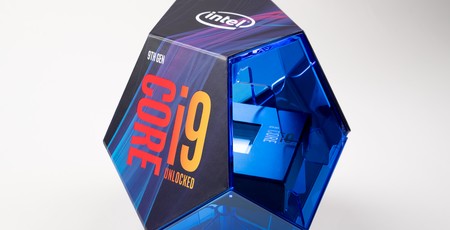
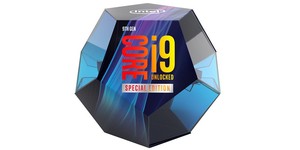
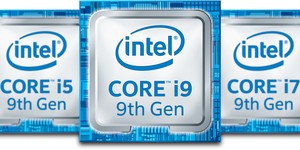
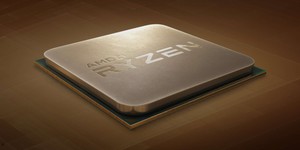




Want to comment? Please log in.